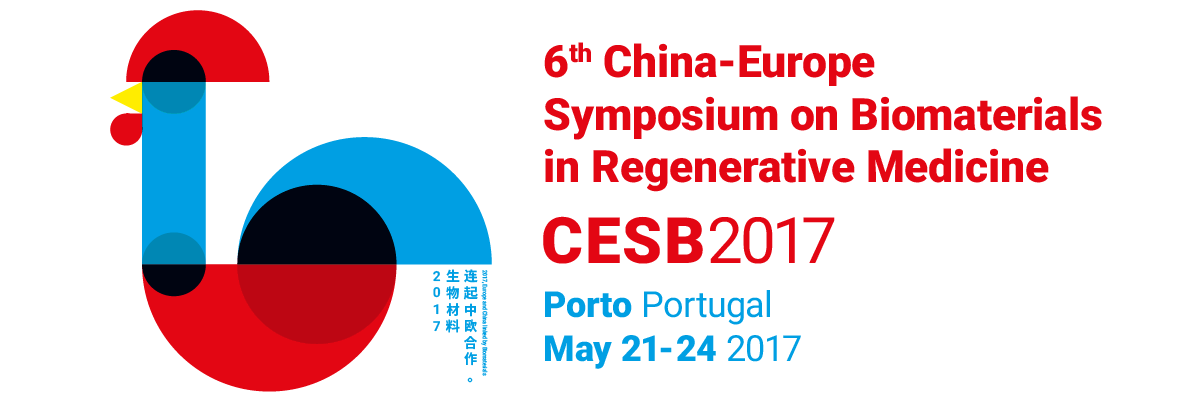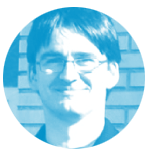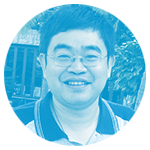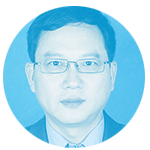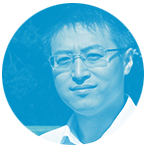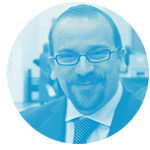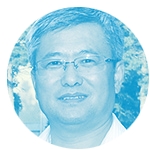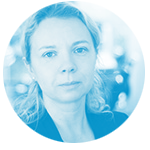Dr. Zhang received his Ph.D. in Materials Science from Wuhan University of Technology, China. Starting in 2003 he became a Professor, then the Distinguished Chair Professor and the Director of the Advanced Biomaterials and Tissue Engineering Center at Huazhong University of Science and Technology in Wuhan, China. His previous academic positions were Professor (2000-2003), Associate Professor (1996-2000) and Assistant Professor (1992-1996) in Materials Science at Wuhan University of Technology. Prof. Zhang has over 20-year experience in biomaterials and tissue engineering fields and has authored more than 100 original papers, 5 books and given more than 50 keynote or invited speeches in various conferences. He is the inventor of more than 30 patents, some of which were further developed into 3 medical device products authorized by CFDA. He has been one of few key leaders in promoting collaborative research between Chinese and Korean biomaterials communities. He serves on the editorial boards of several leading international journals, such as Tissue Engineering, Biomedical Materials (IOP, UK), etc.
In 2015, he was selected as IUSBSE Fellow (FBSE) for his distinguished contributions to development and translation of regenerative medical materials, and to public promotion of biomaterials science.
Recent Publications:
1.Jun Ma, Jianglin Wang, Xin Ai, Shengmin Zhang. Biomimetic self-assembly of apatite hybrid materials: From a single molecular template to bi-/multi-molecular templates. Biotechnology Advances, 2014, 32:744–760
2.Y. Wang, H. Hao,H. Liu, Y. F. Wang, Y. Li, G. Yang, J. Ma, C. Mao, and S. Zhang. Selenite-releasing bone mineral nanoparticles retard bone tumor growth and improve healthy tissue functions in vivo. Advanced Healthcare Materials, 2015, 4:1813–1818 [A Front Cover Story]
3.J Wang,G..Yang, Y. Wang,Y. Du,H. Liu,Y. Zhu, C. Mao, and S. Zhang. Chimeric protein template-induced shape control of bone mineral nanoparticles and its impact on mesenchymal stem cell fate. Biomacromolecules, 2015, 16, 1987− 1996
4. Y. Wang, J. Wang, H. Hao, M. Cai, S. Wang, J. Ma Y. Li, C. Mao and S. Zhang. In vitro and in vivo mechanism of bone tumor inhibition by selenium-doped bone mineral nanoparticles. ACS Nano, 2016, 11: 9927-9937
